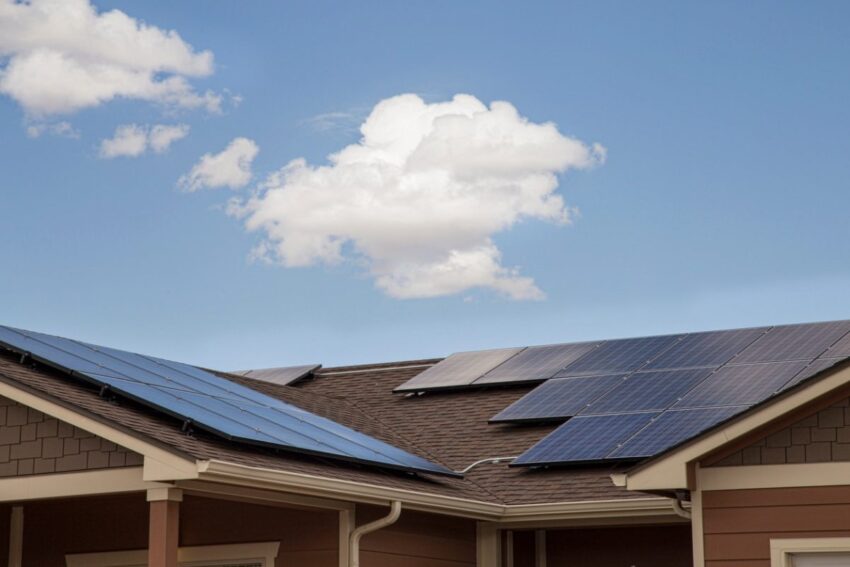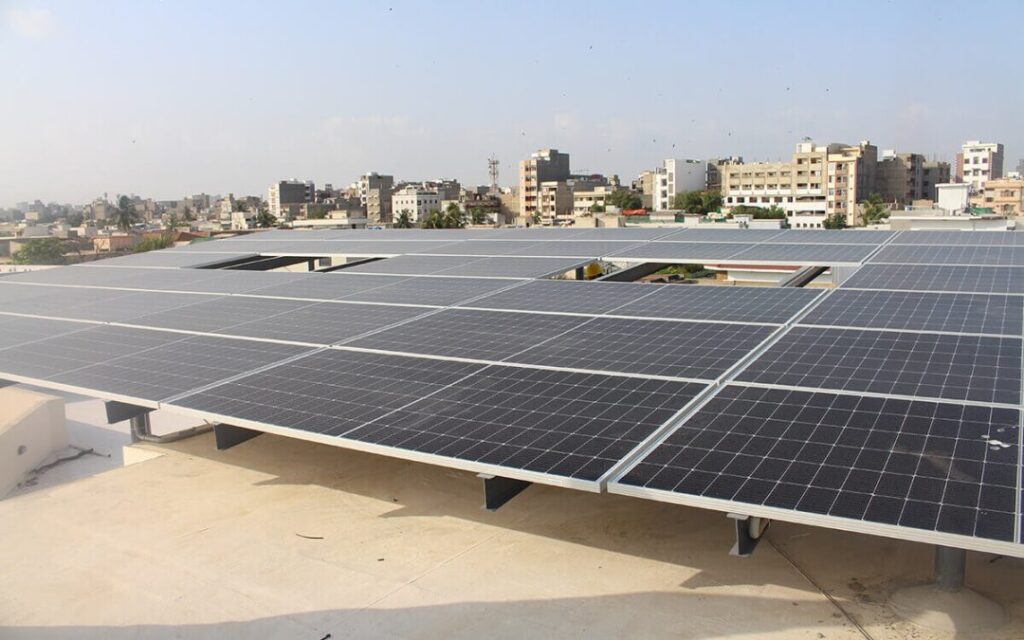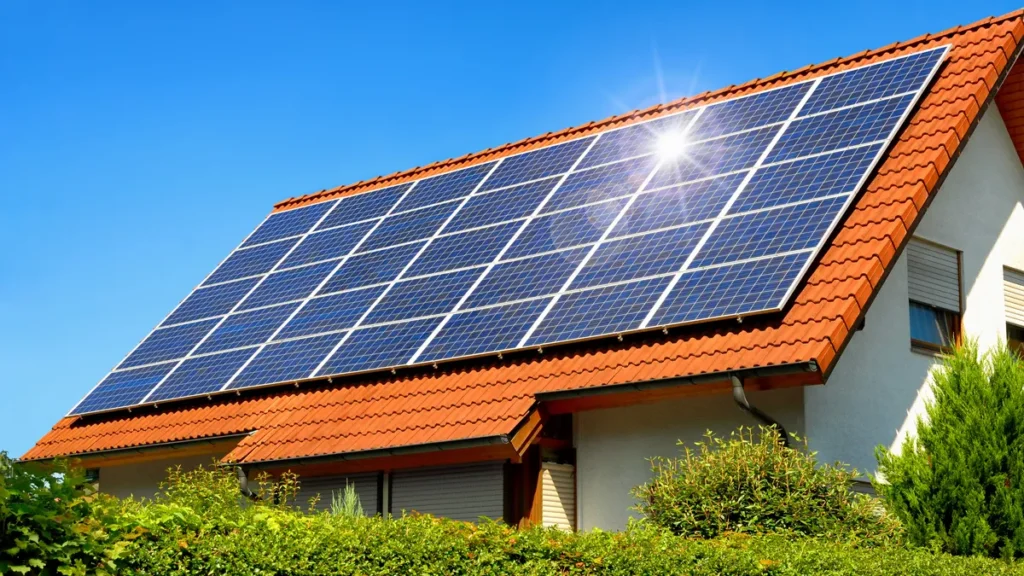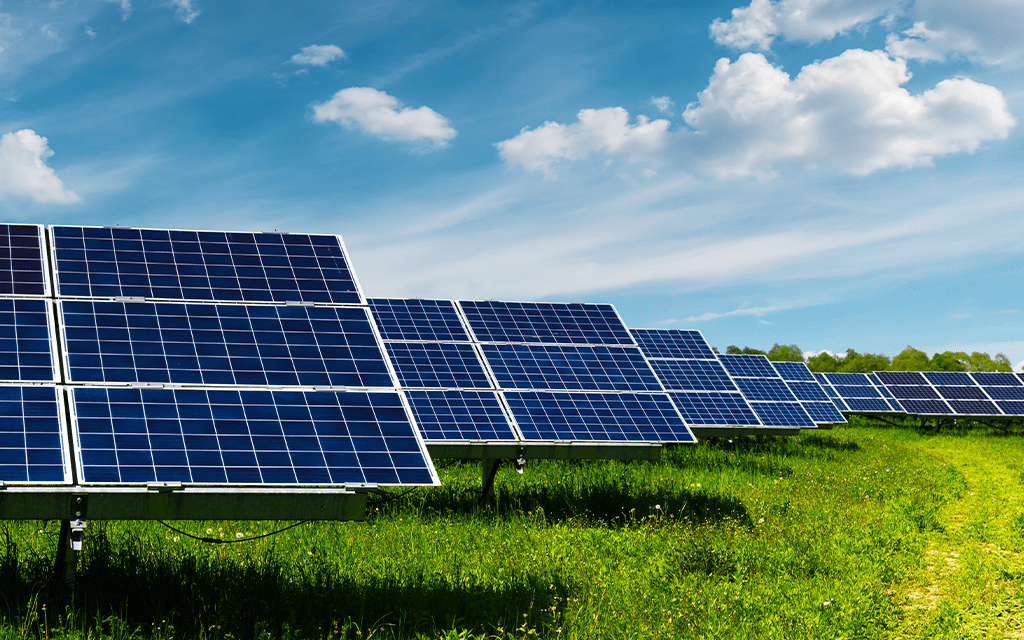Switching to solar energy is becoming increasingly popular as more homeowners look to reduce their carbon footprint and save on electricity bills. But with so many options available, choosing the right solar panels can be a daunting task. This guide will walk you through everything you need to know to make an informed decision for your home.
Understanding Solar Energy
Solar panels work by converting sunlight into electricity through photovoltaic cells. When sunlight hits these cells, it knocks electrons loose, generating a flow of electricity. This clean, renewable energy source offers numerous benefits for homeowners, including lower energy bills, increased home value, and reduced reliance on fossil fuels.
Types of Solar Panels
Monocrystalline Solar Panels
Monocrystalline panels are made from single-crystal silicon, giving them a uniform black appearance. They are known for their high efficiency and long lifespan but come at a higher cost.
Pros:
- High efficiency
- Long lifespan
- Space-efficient
Cons:
- Higher cost
Polycrystalline Solar Panels
Polycrystalline panels are made from silicon fragments melted together, resulting in a blue hue. They are less efficient than monocrystalline panels but are more affordable.
Pros:
- Lower cost
- Decent efficiency
Cons:
- Lower efficiency
- Larger space requirement
Thin-Film Solar Panels
Thin-film panels are made from a variety of materials and are flexible, making them versatile for different applications. However, they are less efficient and have a shorter lifespan compared to crystalline panels.
Pros:
- Flexible and lightweight
- Lower cost
Cons:
- Lower efficiency
- Shorter lifespan
Factors to Consider When Choosing Solar Panels
Efficiency
Efficiency measures how well a solar panel converts sunlight into electricity. Higher efficiency panels generate more power in a given space, making them ideal for homes with limited roof space.
Cost
The initial cost of solar panels can be high, but it’s essential to consider long-term savings on energy bills. Incentives and rebates can also offset the initial investment.
Durability and Lifespan
Most solar panels come with a warranty of 25 years or more. It’s important to choose panels that can withstand harsh weather conditions and require minimal maintenance.
Aesthetics
Solar panels can significantly impact the appearance of your home. Some homeowners prefer panels that blend seamlessly with their roof, while others prioritize performance over aesthetics.
Space Availability
Assessing your roof space is crucial. If your roof has limited space, higher efficiency panels may be necessary. Alternatively, ground-mounted systems can be an option if roof space is insufficient.
Efficiency of Solar Panels
Solar panel efficiency varies by type and manufacturer. Monocrystalline panels typically have the highest efficiency, followed by polycrystalline and thin-film panels. Factors such as temperature, shading, and orientation also affect efficiency.
Cost Analysis
While the upfront cost of solar panels can be substantial, the long-term savings on electricity bills often outweigh the initial investment. Additionally, federal and state incentives can significantly reduce the cost.
Durability and Lifespan
Solar panels are built to last, with most manufacturers offering warranties of 25 years or more. Regular maintenance, such as cleaning and inspections, can extend their lifespan and ensure optimal performance.
Aesthetic Considerations
The visual impact of solar panels on your home is an important consideration. Options like building-integrated photovoltaics (BIPV) allow for a more seamless integration with your roof design, enhancing the aesthetic appeal.
Space Availability
Your roof’s size, shape, and orientation affect the feasibility and efficiency of a solar panel system. Ground-mounted systems offer an alternative for homes with unsuitable roof conditions, providing flexibility in placement and angle.
Installation and Maintenance
Choosing a reputable installer is crucial for a successful solar panel system. The installation process involves assessing your roof, designing the system, obtaining permits, and installing the panels. Regular maintenance, including cleaning and inspections, ensures the system operates efficiently.
Incentives and Rebates
Various government and state-specific programs offer incentives and rebates to encourage solar adoption. These can significantly reduce the initial investment and improve the return on investment for your solar panel system.
Environmental Impact
Solar energy reduces greenhouse gas emissions and dependence on fossil fuels. By installing solar panels, you contribute to global renewable energy goals and help mitigate climate change.
Comparing Brands and Manufacturers
Researching different brands and manufacturers is essential to find high-quality solar panels. Consider factors such as efficiency, warranty, customer reviews, and the manufacturer’s reputation when making your decision.
Real-Life Case Studies
Learning from other homeowners’ experiences can provide valuable insights. Success stories and lessons learned from solar panel installations can guide you in making the best choice for your home.
Conclusion
Choosing the right solar panels for your home involves considering various factors, from efficiency and cost to aesthetics and space availability. By understanding these aspects and researching thoroughly, you can make an informed decision that benefits both your wallet and the environment.
FAQs
How much do solar panels cost?
The cost of solar panels varies based on the type, brand, and installation requirements. On average, residential systems range from $15,000 to $25,000 before incentives.
How do I maintain my solar panels?
Regular maintenance involves cleaning the panels to remove dust and debris and inspecting them for damage. It’s also recommended to have a professional check the system annually.
What is the difference between monocrystalline and polycrystalline panels?
Monocrystalline panels are made from single-crystal silicon and offer higher efficiency and a longer lifespan. Polycrystalline panels are made from silicon fragments and are more affordable but less efficient.
Can I install solar panels myself?
While it is possible to install solar panels yourself, it is not recommended unless you have experience with electrical systems. Professional installation ensures safety and compliance with local regulations.
How do solar panels affect my home’s value?
Installing solar panels can increase your home’s value by reducing energy costs and appealing to eco-conscious buyers. Studies show that homes with solar panels often sell faster and at higher prices.




